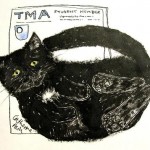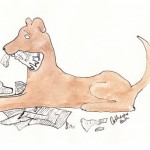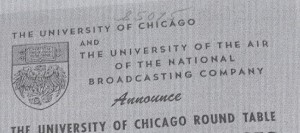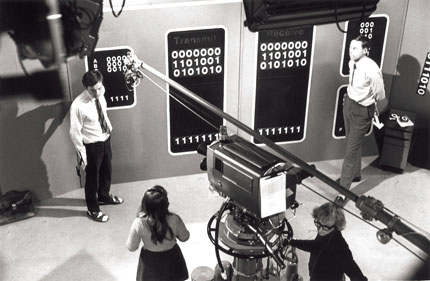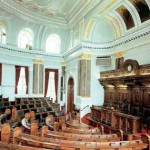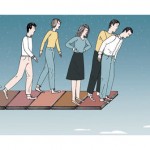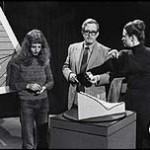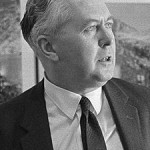 Wilson’s speech in September 1963 is often seen as the beginnings of the OU. It is called ‘Wilson’s vision’, here. But from where did he get his ideas? One source was William Benton. Benton sponsored Harold Wilson’s trips to the USA in 1960, 1961 and 1962,and Wilson felt that Benton’s ‘heart was in academics and in politics’ (Harold Wilson, Memoirs: The Making of a Prime Minister, 1916-64, Weidenfeld & Nicolson and Michael Joseph, London, 1986). It was Benton who suggested in 1963 that Wilson and he have dinner with Geoffrey Crowther, the Vice Chair of the Editorial Board of the Encyclopaedia Britannica (EB) who, as chair of the Central Advisory Council for Education was responsible for the The Crowther Report – Fifteen to Eighteen (1959). Benton chaired EB. Crowther went to become the Foundation Chancellor of the OU. The first Vice Chancellor of the OU, Walter Perry, argued that Benton was one of the men whose vision of education for all, through correspondence teaching and the use of the mass media contributed to the decision to found the Open University (Walter Perry, Report of the Vice-Chancellor to the council, 1972, The Open University, Milton Keynes, 1973, p. 30) (more…)
Wilson’s speech in September 1963 is often seen as the beginnings of the OU. It is called ‘Wilson’s vision’, here. But from where did he get his ideas? One source was William Benton. Benton sponsored Harold Wilson’s trips to the USA in 1960, 1961 and 1962,and Wilson felt that Benton’s ‘heart was in academics and in politics’ (Harold Wilson, Memoirs: The Making of a Prime Minister, 1916-64, Weidenfeld & Nicolson and Michael Joseph, London, 1986). It was Benton who suggested in 1963 that Wilson and he have dinner with Geoffrey Crowther, the Vice Chair of the Editorial Board of the Encyclopaedia Britannica (EB) who, as chair of the Central Advisory Council for Education was responsible for the The Crowther Report – Fifteen to Eighteen (1959). Benton chaired EB. Crowther went to become the Foundation Chancellor of the OU. The first Vice Chancellor of the OU, Walter Perry, argued that Benton was one of the men whose vision of education for all, through correspondence teaching and the use of the mass media contributed to the decision to found the Open University (Walter Perry, Report of the Vice-Chancellor to the council, 1972, The Open University, Milton Keynes, 1973, p. 30) (more…)

